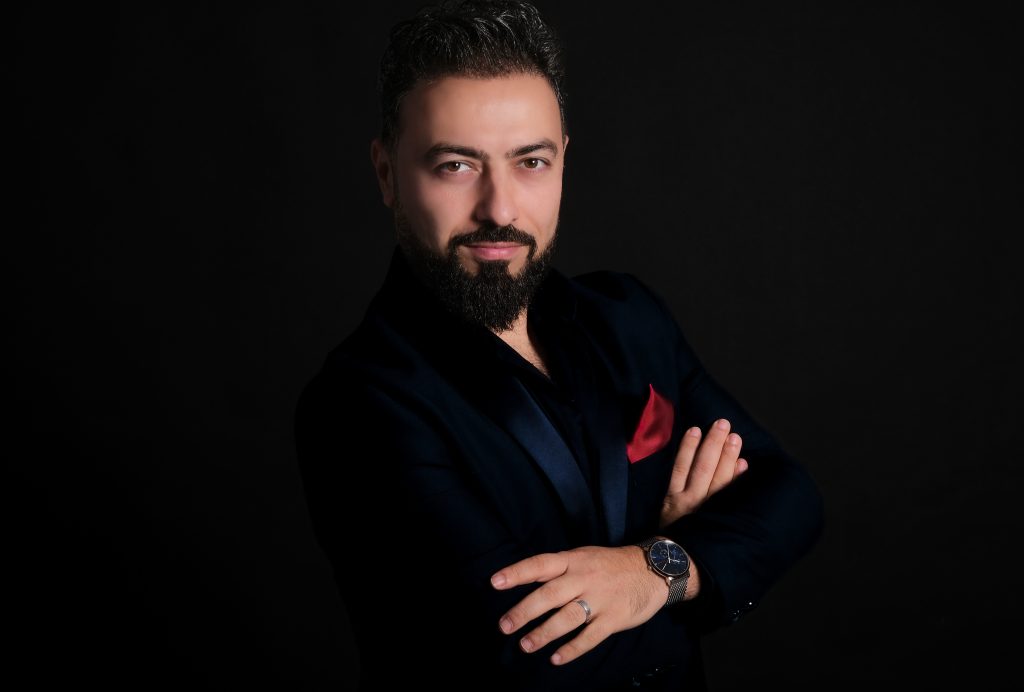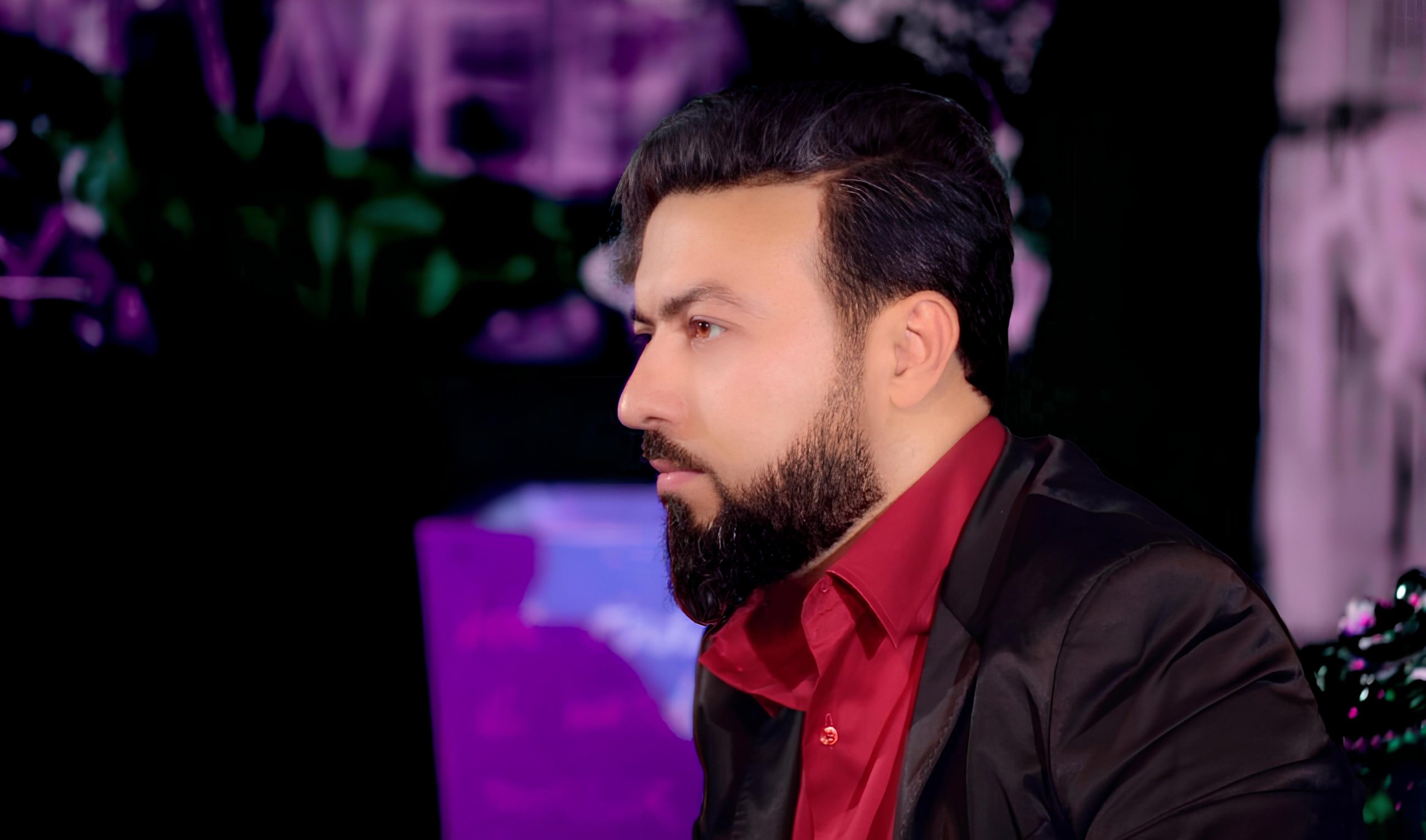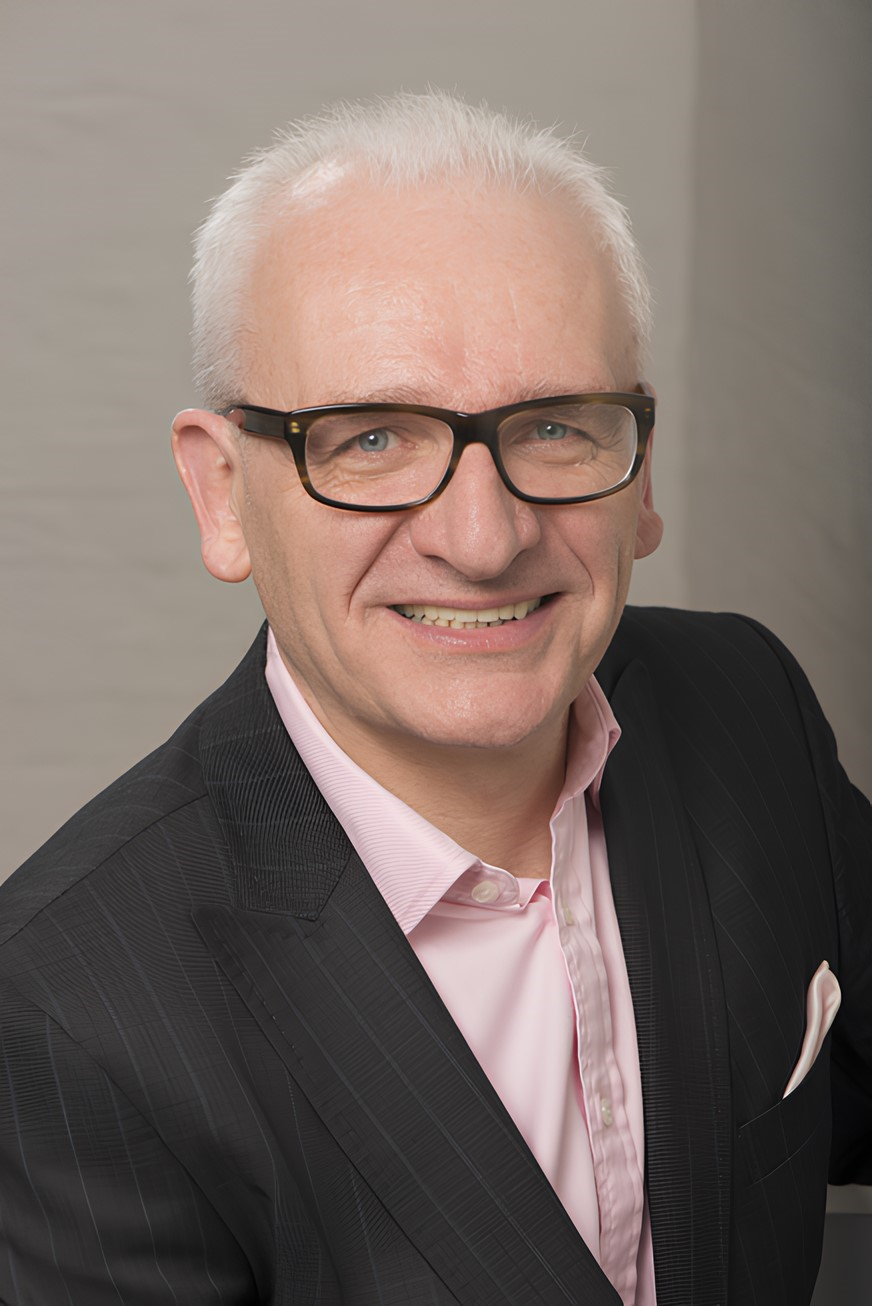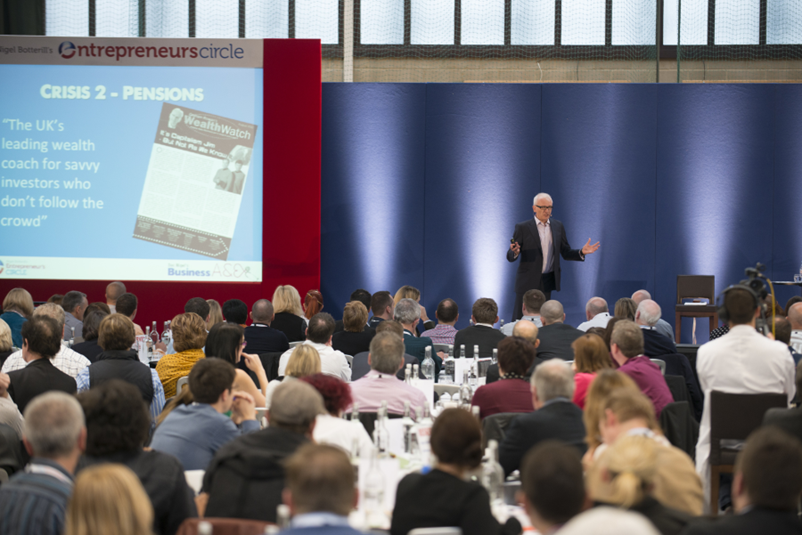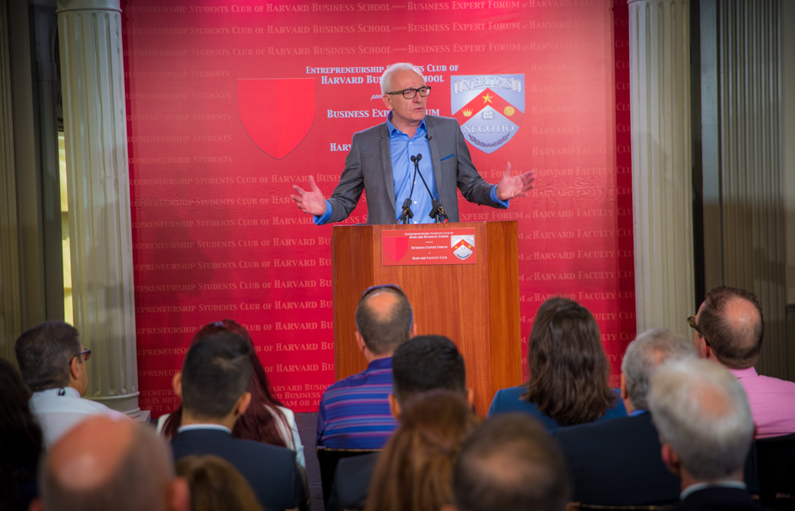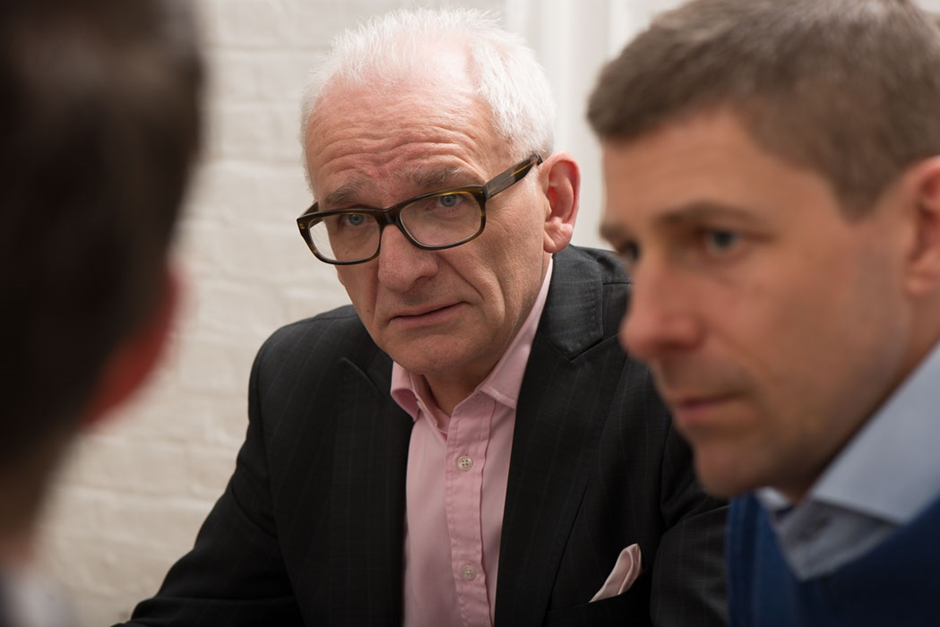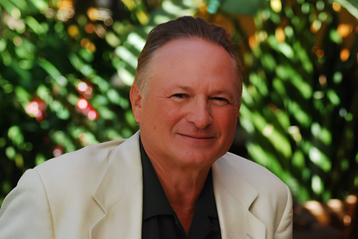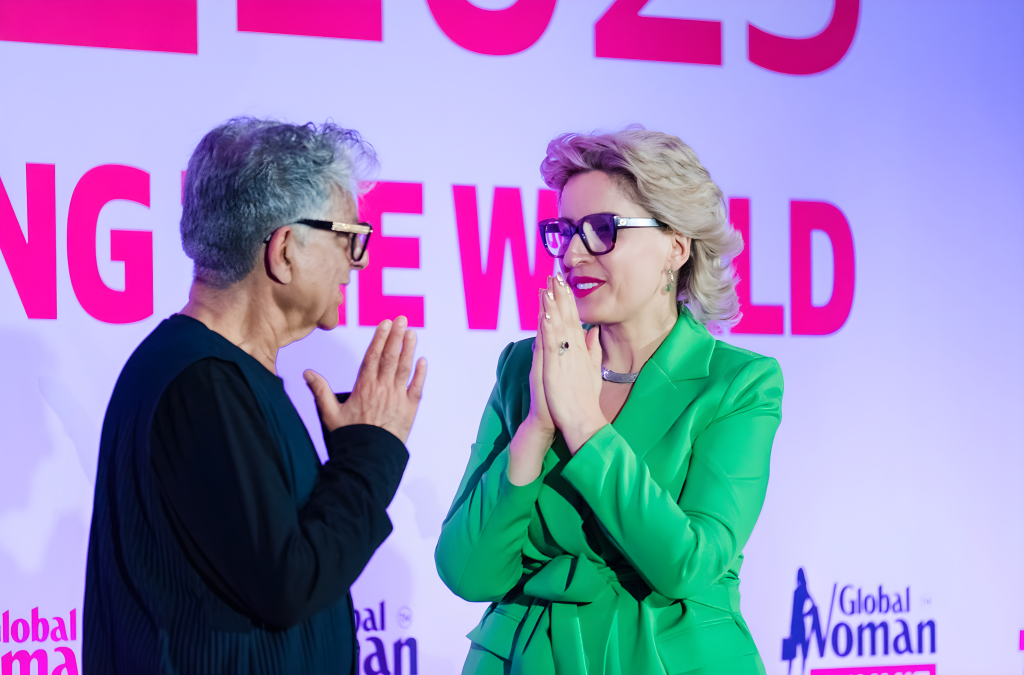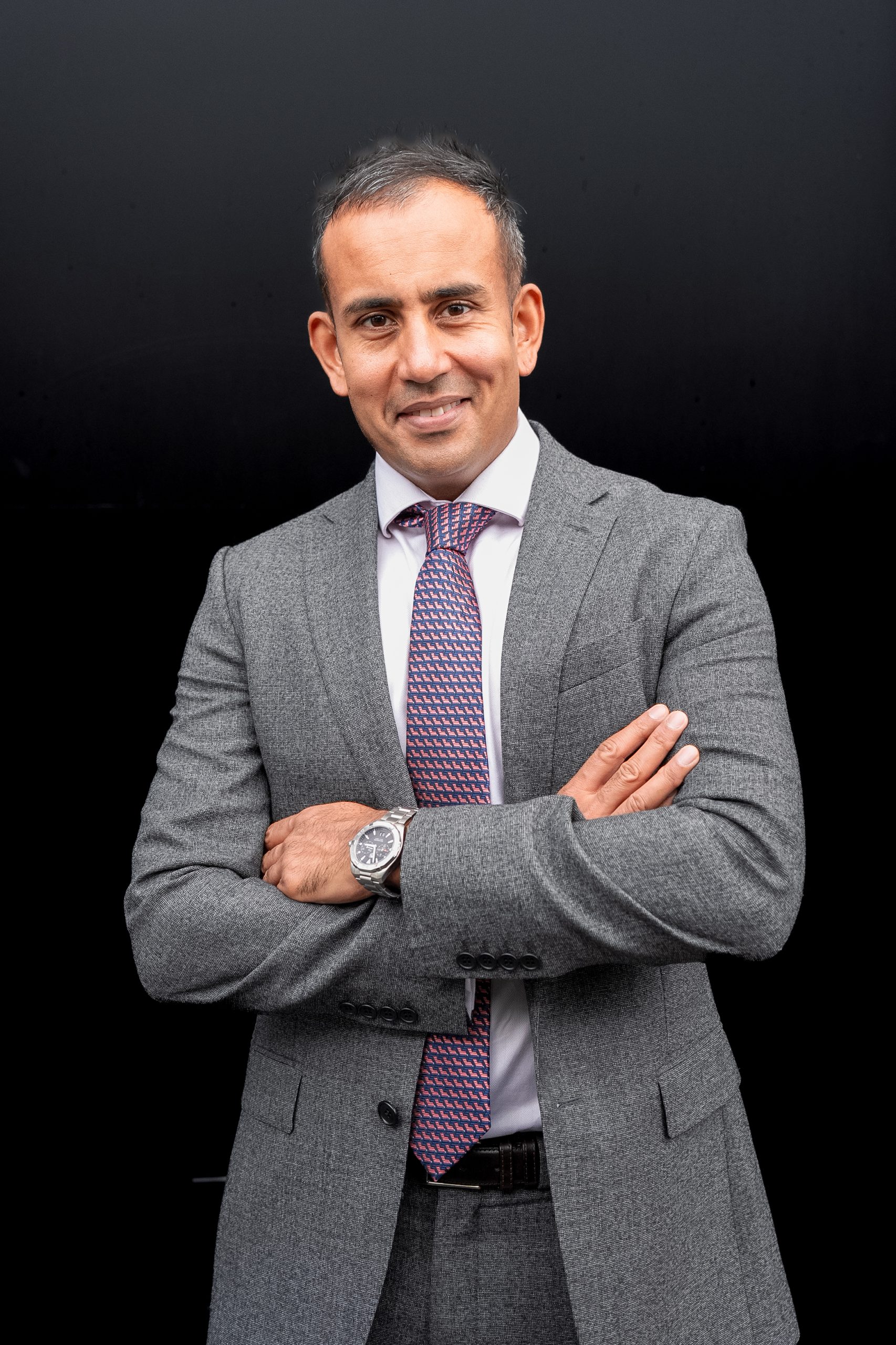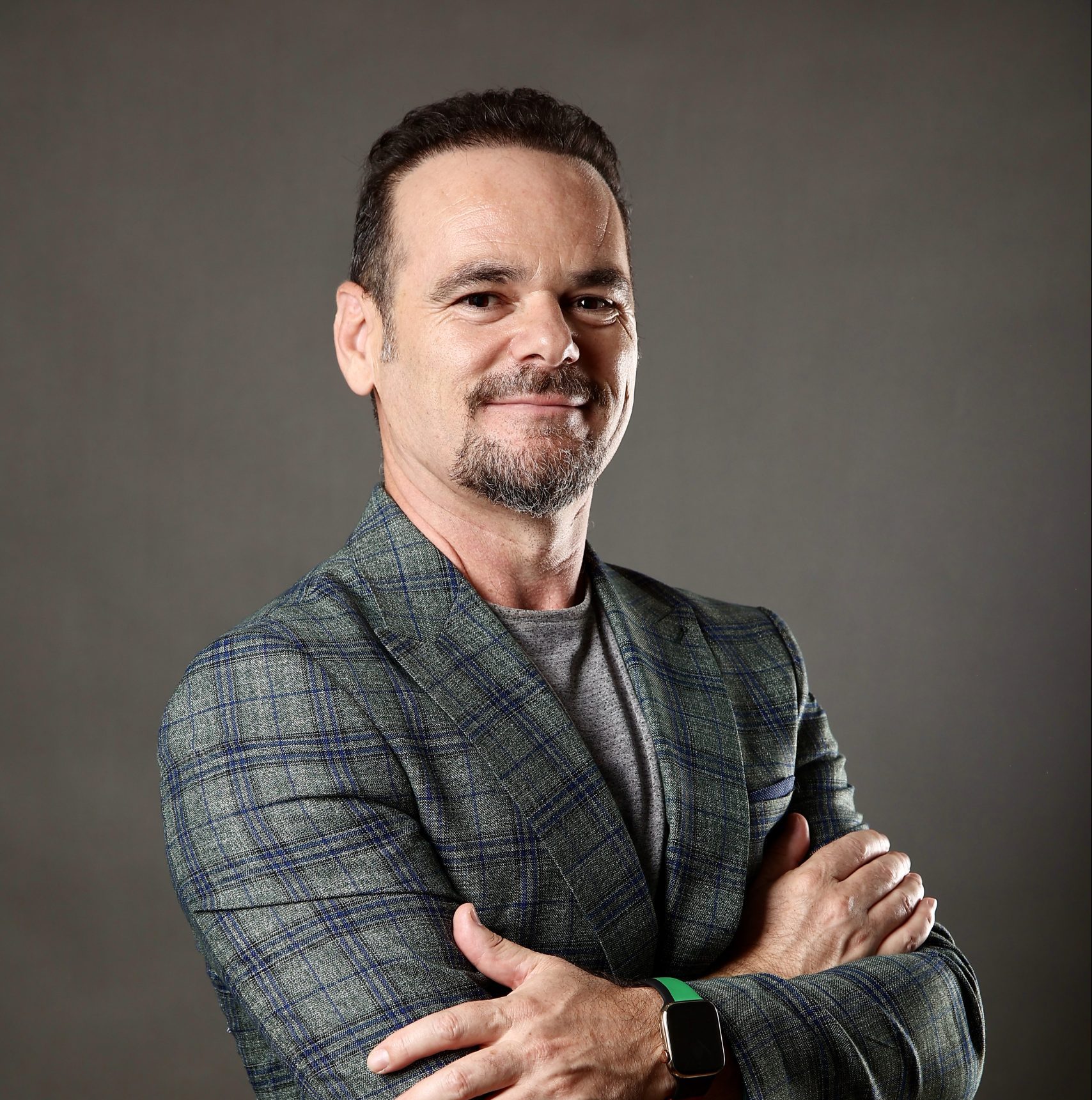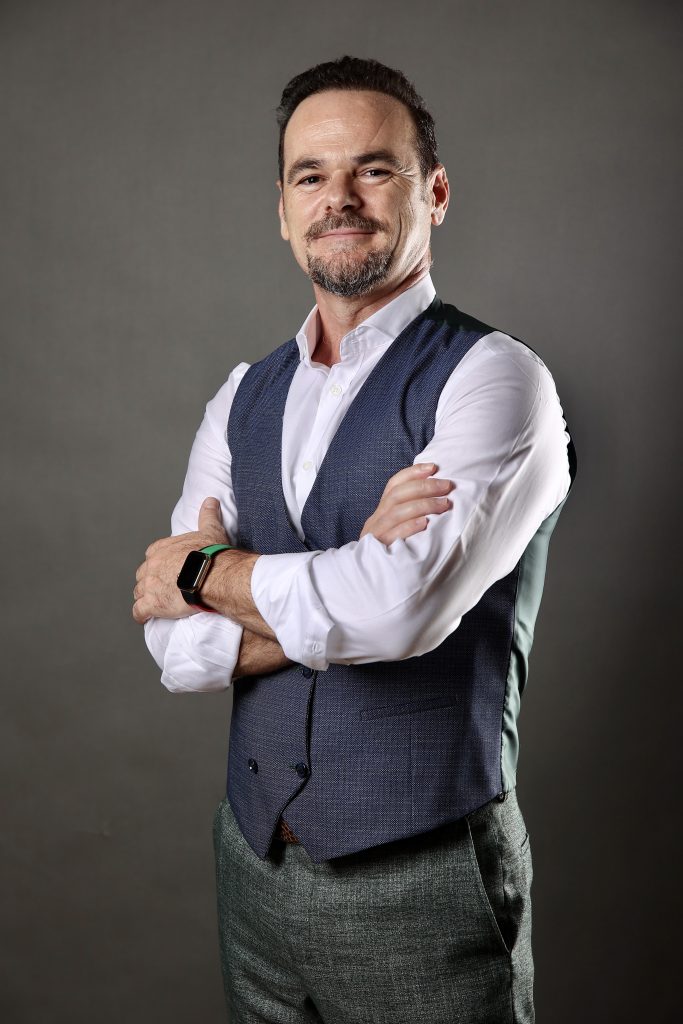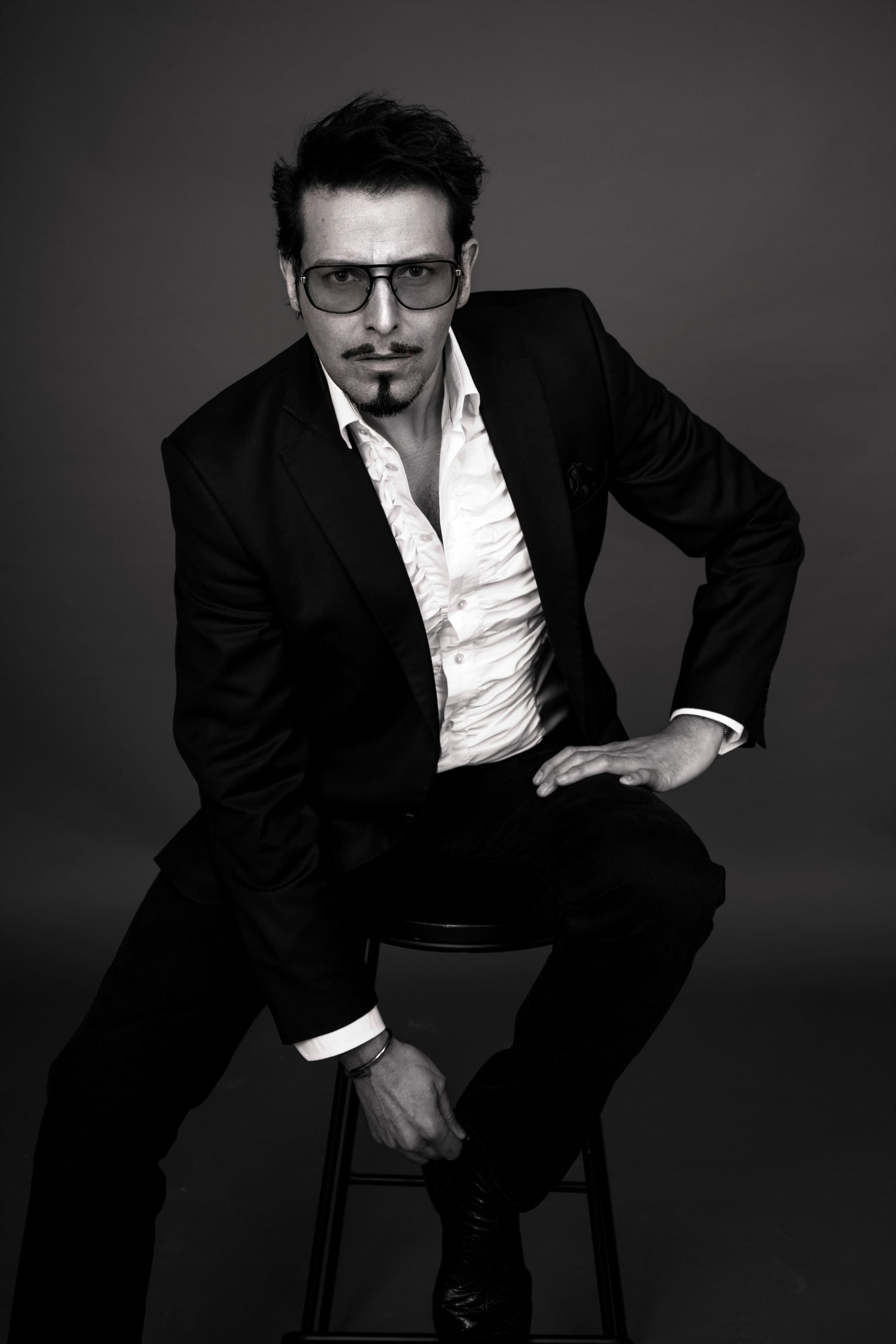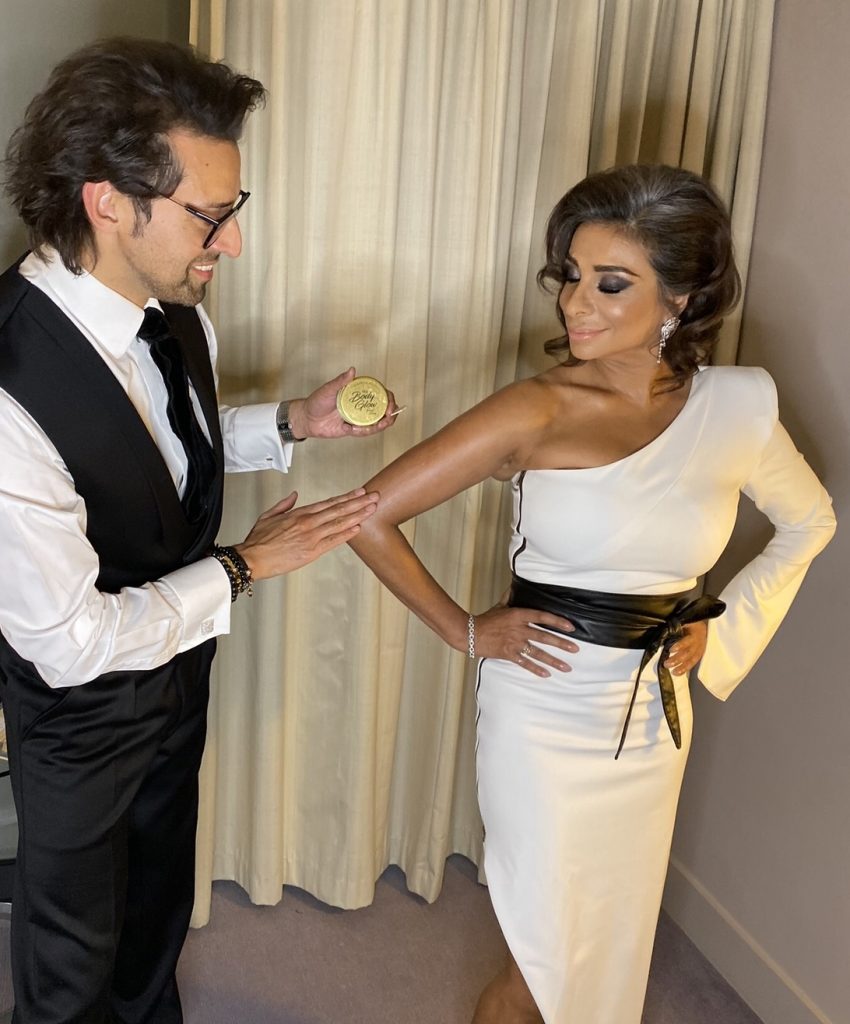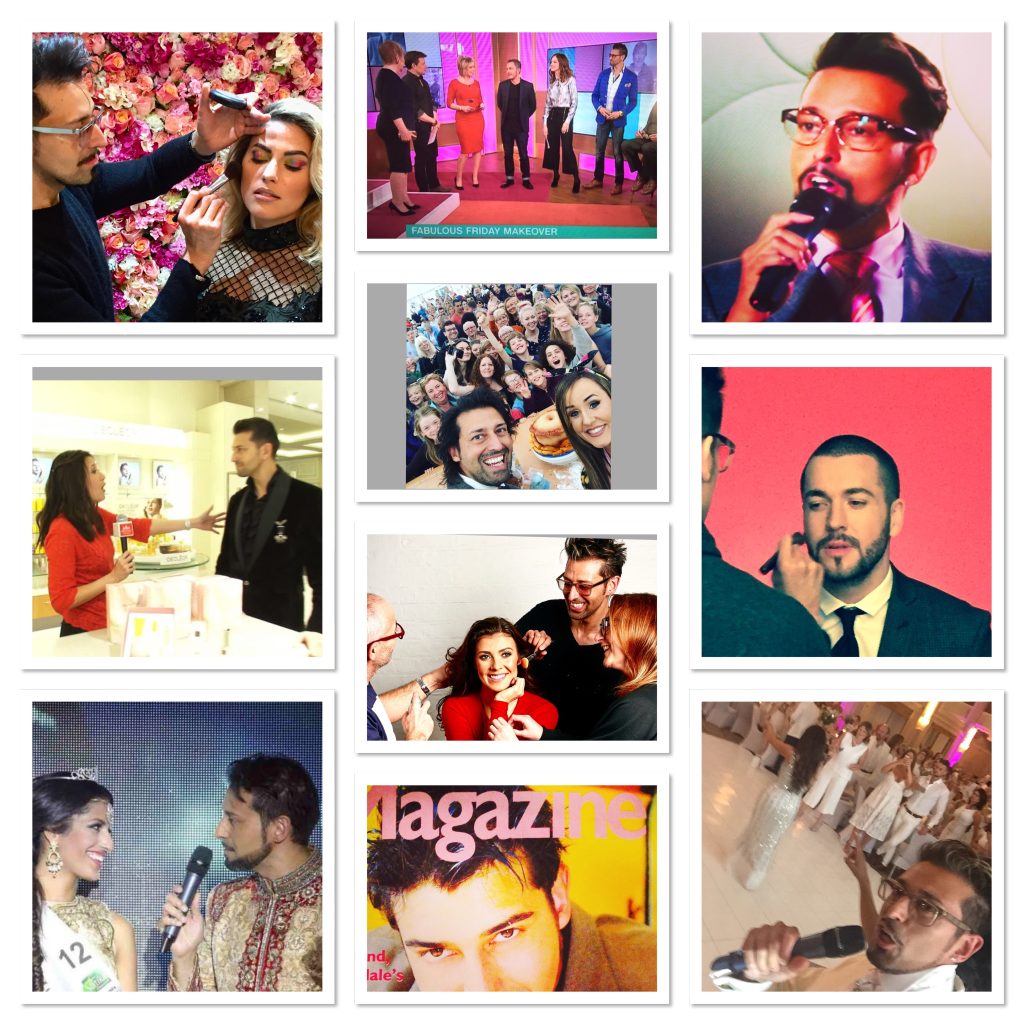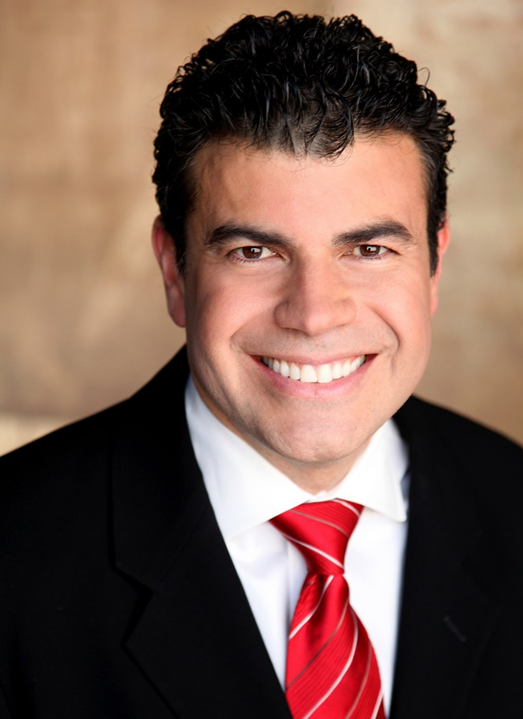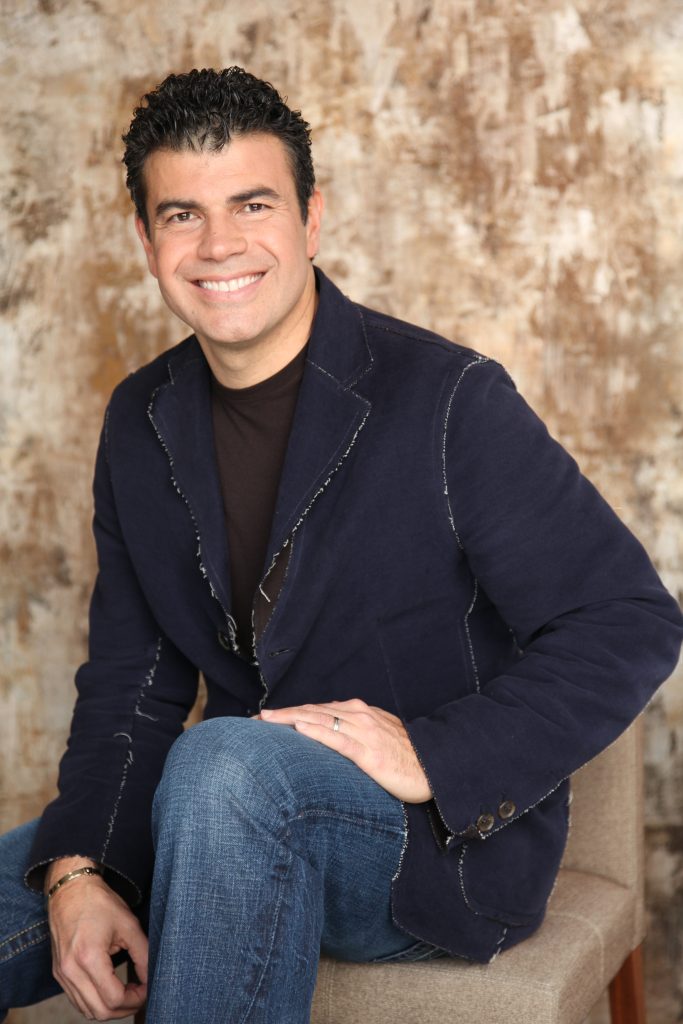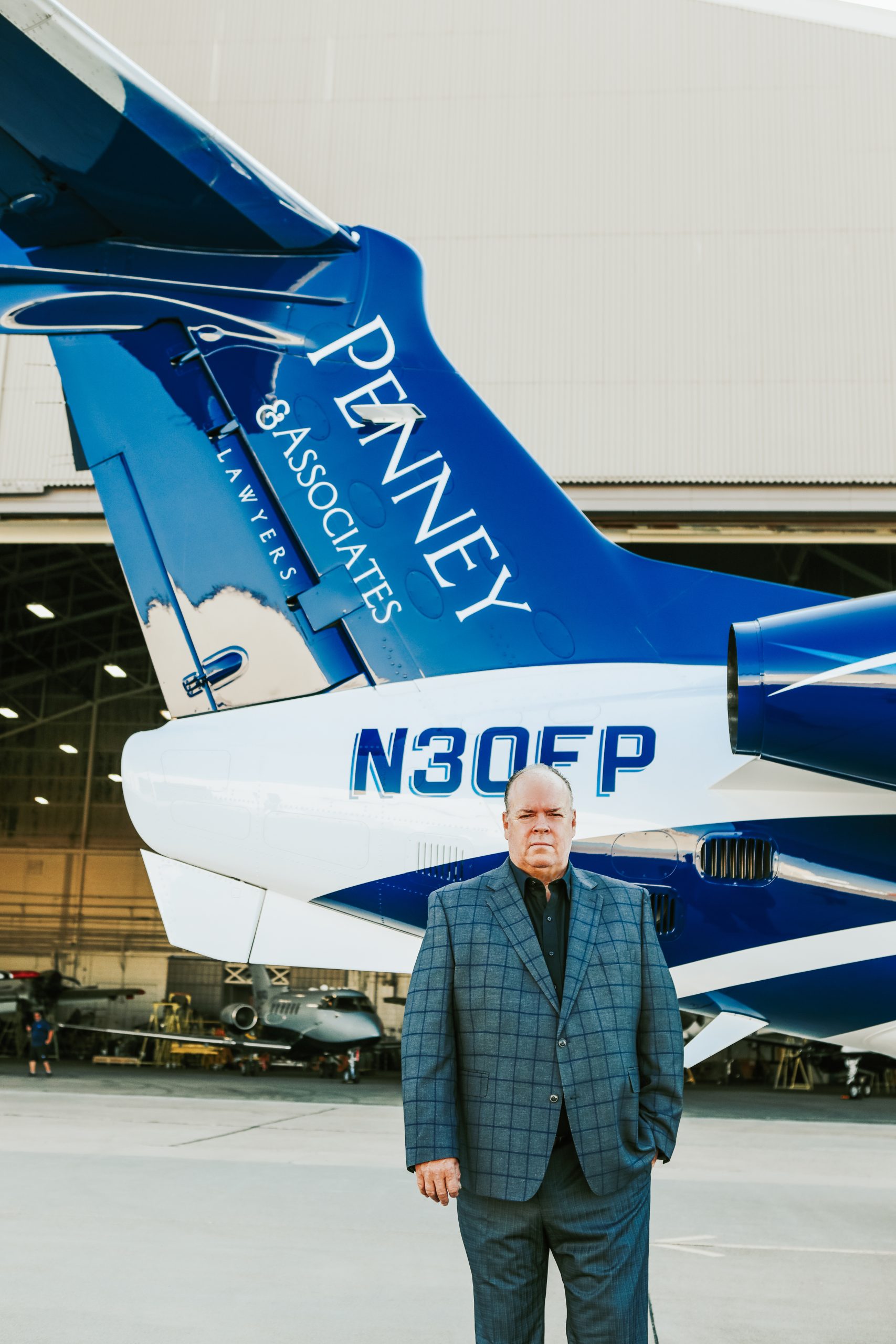With the Global Man Club launching just yesterday, and at a prestigious location, we have a lot to celebrate in the magazine, not least of all the personalities of the men who make up our club and who are trailblazing success all over the world.
Global Man shares a peek into the life of a pro in the media field in this article. We celebrate the originality and dedication of Bafl Sarhang, diving into his teamwork with respected names like L’Oreal, RTL, SBS, and CNN.
We follow his job journey, underlining key tasks, trials conquered, and regular creation of top-notch content. We also spotlight his love for movie making, shaping engrossing tales on diverse platforms, marking business wins on big TV channels, and gaining praise for brief films. Most of all, Bafl stresses how crucial it is to stay loyal to your creative vision and to showcase the skill of storytelling.
[ez-toc]
You’ve worked with renowned brands such as L’Oreal, RTL, SBS, and CNN. Can you share some memorable experiences or projects that have had a significant impact on your career in the media industry?
Working with renowned brands has been an incredible journey in my media career. One of the most beautiful projects I’ve worked on is my film “Radio Freedom.” It was my second film that we had to start entirely from scratch – the story, finances, casting, and crew, among other aspects. Such a substantial project takes years to complete, and, in the end, it’s challenging to let go of it. You become one with the story and the project. This was my second film, which I created and wrote alongside my dear colleague, Ismar Vejzovic. It holds a special place in my heart. Additionally, this year, I launched my own series on RTL 4, titled “Let’s Visit,” where we explore and showcase the most beautiful items and places in the world. It was co-produced with Claudia Gatland, and I had the privilege to direct and edit it myself. It’s another project of which I am very proud. There are many beautiful ideas and dreams, and hopefully, they will come true someday. Ultimately, work is only a part of your life. Complete satisfaction cannot be entirely derived from it. You need more for that.
Producing weekly TV shows for the largest TV network in the Netherlands is a remarkable achievement. Could you tell us about the challenges you’ve faced and the strategies you’ve used to consistently deliver quality content?
On the outside, it may appear easier than it is. It has its share of challenges. The key to consistently delivering quality content is a combination of meticulous planning and a dedicated team. We face tight deadlines, diverse audience preferences, and the need to stay relevant. To overcome these challenges, we must adapt to changing trends. It is a lot of work, often going hand in hand with missing sleep and very tight deadlines. When you look at my work on TV, you might think there’s a large studio or a multinational corporation behind it, but the truth is, often I film everything myself and handle the editing as well. This allows us to keep costs low and continue producing high-quality TV on RTL 4, indeed, the largest media network in the Netherlands. I’m proud that I’ve been able to create great TV for many years.
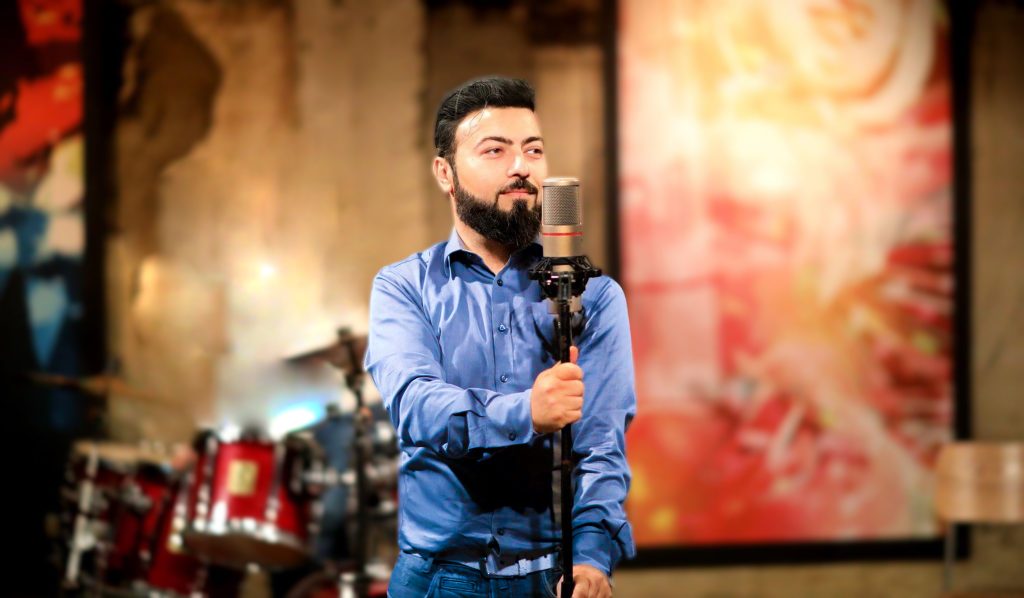
Your short films have received critical acclaim. What inspired you to delve into filmmaking, and how do you approach storytelling in the short film format?
My journey into filmmaking was inspired by a deep love for storytelling. Short films provide a unique platform to convey powerful messages in a concise format. When approaching storytelling in the film format, I believe in the importance of crafting compelling characters and emotionally resonant narratives.
I am a refugee and have been living in the Netherlands since the 1990s. My family fled the atrocities of Saddam Hussein. As a child who experienced years of war and migrating from one country to another, you build friendships you may never see again, lose family members, and learn to cope with the impermanence of everything. Along the way, you gather not only life lessons but also stories that stay with you. I engage in many activities as both work and hobbies, but my greatest talent is creativity. Thus, I try to provide an outlet for these stories by writing and filming them. It brings me immense pleasure that the audience and festivals appreciate our films because everything I write comes straight from the heart. I do this through my music, poetry, TV work, and, of course, films.
Participating in the Cannes Film Festival is a dream for many filmmakers. Could you share your experiences and key takeaways from this prestigious event?
Participating in the Cannes Film Festival was a dream come true. Our film “AMEEN” was part of the Short Corner at the festival. It’s an incredible platform for filmmakers to showcase their work to a global audience and connect with industry professionals. One key takeaway from the festival is the value of networking and building relationships with fellow filmmakers and industry experts. Additionally, the experience taught me the importance of perseverance and believing in your artistic vision, even when faced with challenges or rejection. This motivated us to put even more effort into our next film, “Radio Freedom.”
“Radio Freedom” was selected as one of the best shorts at the Netherlands Film Institute. What inspired this particular film, and what message did you aim to convey through it?
“Radio Freedom” was inspired by our interest in exploring themes of freedom and expression. My colleague had once come across a brief newspaper article about an amateur radio broadcaster during the war who attempted to connect people when many communication methods were rendered ineffective in the midst of a brutal conflict. It’s a true story, and we used that small piece of information as a starting point to develop it into a film. I am proud that we were able to secure top actors like Zana Marjanović for this project and film on location in Bosnia, where it truly took place.
The funny thing is, after working for years on such a project, it was ultimately my lovely wife who came up with the title for the film. She is also artistically inclined and has a great eye for film and writing. This just goes to show that you always need good people around you.
What personally inspired me for this project is the life I led as a child. I am originally Kurdish, and we Kurds have been striving for freedom and the right to self-governance since our existence. So, we have plenty of stories to tell.
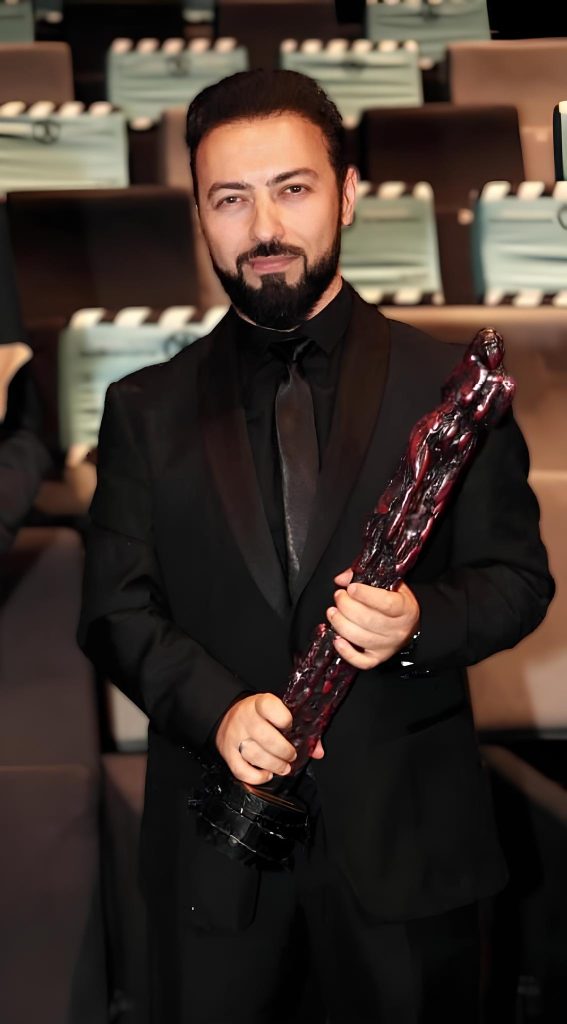
In addition to your work in TV and film, you’re involved in music production and have directed numerous music videos. How does your experience in these various media forms influence and complement each other?
Music has always been, is, and will forever be my first love. At the tender age of 6, my parents gifted me my very first miniature piano, right in the heart of a war, as we sought refuge in the mountains. Amidst the thundering explosions that surrounded us, I found solace in teaching myself to play the piano, with a child’s laughter as my only companion—Ha-Ha. I have to laugh because there is no other way to deal with it. When life makes it tough for you, the best response is to smile and believe that everything will turn out fine. And somehow, it will.
Life’s challenges can be met with a smile and the unwavering belief that things will somehow work out. And they do.
My journey through various forms of media, be it TV, film, or music videos, has been a harmonious symphony. Each medium offers its unique storytelling canvas, and the skills I’ve honed in one realm have enriched my abilities in others. For instance, my musical adventures have gifted me an intricate understanding of soundscapes in film, while my television escapades have fortified my storytelling prowess in the realm of music videos. This cross-disciplinary approach allows me to compose more captivating and innovative narratives.
Ultimately, all art forms are but notes in the same melody. They originate from a pure place, for without purity, it cannot truly be art. Music, words, melodies, visuals, and dreams converge, crafting something profoundly beautiful. The art form itself matters not; as long as it’s created with a sincere heart and boundless passion, it’s the only path to creating music. Sound & Visuals are one and the same. In whichever art form it manifests, it doesn’t matter, as long as it is pure and created with a full heart and passion. There is no other way to make art.
Could you share some insights into the creative process behind directing music videos? How do you ensure your videos effectively convey the artist’s vision and message?
I have produced and directed over 50 music videos. Some of them go beyond being just a video clip. I don’t like that word; it diminishes the work. Because some of them are more like short musical films. Directing music videos is a collaborative process that revolves around translating the artist’s vision into a visual narrative. I work closely with the artists to understand their message, style, and desired impact. It’s essential to find a balance between creativity and practicality, ensuring that the video effectively conveys the artist’s message while remaining visually captivating. Attention to detail, strong communication, and a passion for music are key elements in this creative process. You could describe my style as modern, fast, and dynamic. Nothing irritates me more than a dull or pretentious, entitled work.
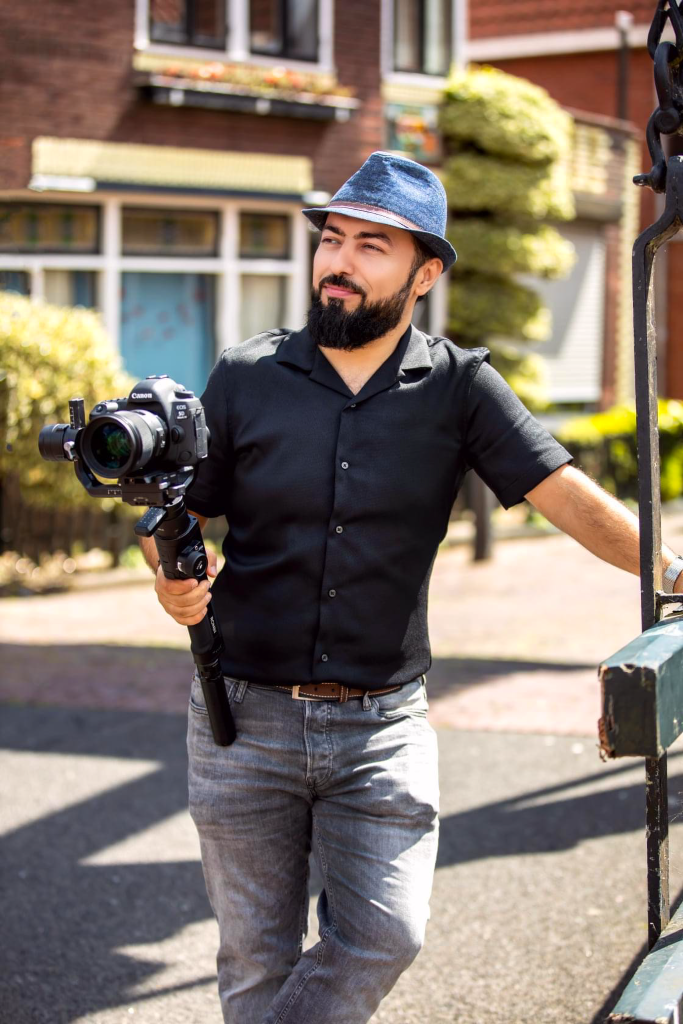
Working with a variety of media and platforms, how do you stay innovative and adapt to evolving industry trends and technologies?
Well, this is crucial in the ever-changing media landscape. How does someone stay relevant nowadays? I make it a point to stay updated on the latest developments, whether it’s in camera technology, post-production software, or distribution platforms. Continuous learning and a forward-thinking approach are essential to remain competitive and offer fresh, cutting-edge content to our audience. But despite all of that, the only thing you can do is to remain original and true to yourself because everything else can be learned by anyone. If you have a talent, it’s nothing more than inherent luck, but what you do with it is what matters. Always strive for continuous development and aim for greater heights. You must have an insatiable hunger and never be satisfied, never settle for just okay.
This is what sets an artist apart from other people. These are qualities that can break a person if they don’t have a strong foundation. To share something so personal, to expose yourself, you must delve deep into your heart and reveal your most vulnerable self. No other profession demands that. This makes you incredibly sensitive to all the pain and misery in the world and in everyone. You must have a big heart to handle it and accept what everyone thinks of you. A true artist remains honest and dignified at all times, towards fellow humans, oneself, and, above all, their art form. If you can muster all of that, you can’t help but stay relevant and original.
Being featured in Global Man Magazine is a notable achievement. How do you see your work contributing to and shaping the global media landscape, and what impact do you hope to have?
Being featured in Global Man Magazine is an honour, and I see my work as contributing to the global media landscape by telling diverse and compelling stories that resonate with a broad audience. I hope to have an impact by inspiring others and fostering a greater understanding of the human experience through the power of media. I have spent my entire life doing nothing but trying to bring a smile to my fellow human beings. It’s also the only way of life I know and have mastered. I always have more than enough ideas, stories, melodies, and creations in my mind and in my heart that are seeking a path to freedom outside. The way they express themselves ultimately depends on them. Some may find it too early to be born. All I can do is patiently wait. But until that time comes, I hope that I am a good person, and hopefully, I’ll be remembered as such. I hope I get many more opportunities to work on beautiful projects and tell and visualize my dream stories. But the biggest impact I want to have is for them to say, “Hey, that Bafl, he was a genuine guy. A good man.”
As someone who has achieved success in multiple creative fields, what advice would you give to aspiring media professionals who are looking to make their mark in the industry?
Passion and dedication are paramount. Pursue your creative endeavours with unwavering commitment and continuously refine your skills. “Working hard, and you’ll get there” is nonsense. The “American Dream” is nonsense. Don’t believe in miracles and fantasies. The only way is to ensure that you are seen and known yourself. It’s not easy, and you occasionally need help and luck. But if it’s your calling, and you do it with passion and heart, you’ll get there one way or another. And then comes the day when you no longer need to introduce yourself.
In everything I do, I am self-taught. I have received an education, yes, but in every aspect and in every field of what I do, I’ve had to teach myself everything. There is nothing more satisfying than learning. Furthermore, it’s essential to network. It is crucial, so build relationships within the industry, be open to feedback, and embrace challenges as learning opportunities. Don’t make it too hard on yourself, remember that perfectionism is another word for insecurity. If you don’t fail, you also don’t know what mistakes you shouldn’t make. Learn, learn, learn. Stop trying to be happy. As cliché as it may sound, the journey is what matters. It’s much longer than the destination. That should be your satisfaction; happiness is just the icing on the cake.
Finally, always remember that your unique perspective and voice can make a significant impact in the world of media. Don’t be a parrot, stay humble, and be yourself.
